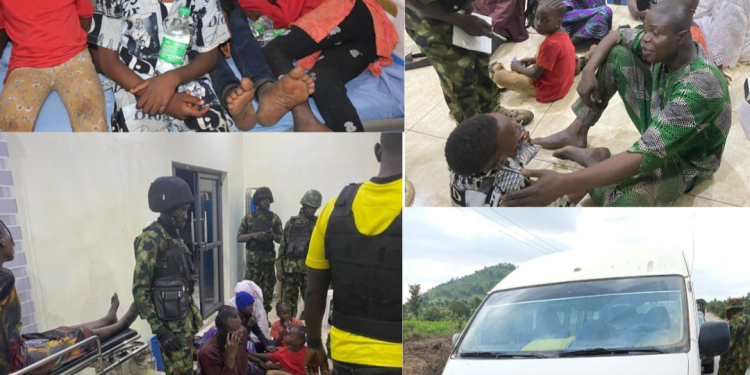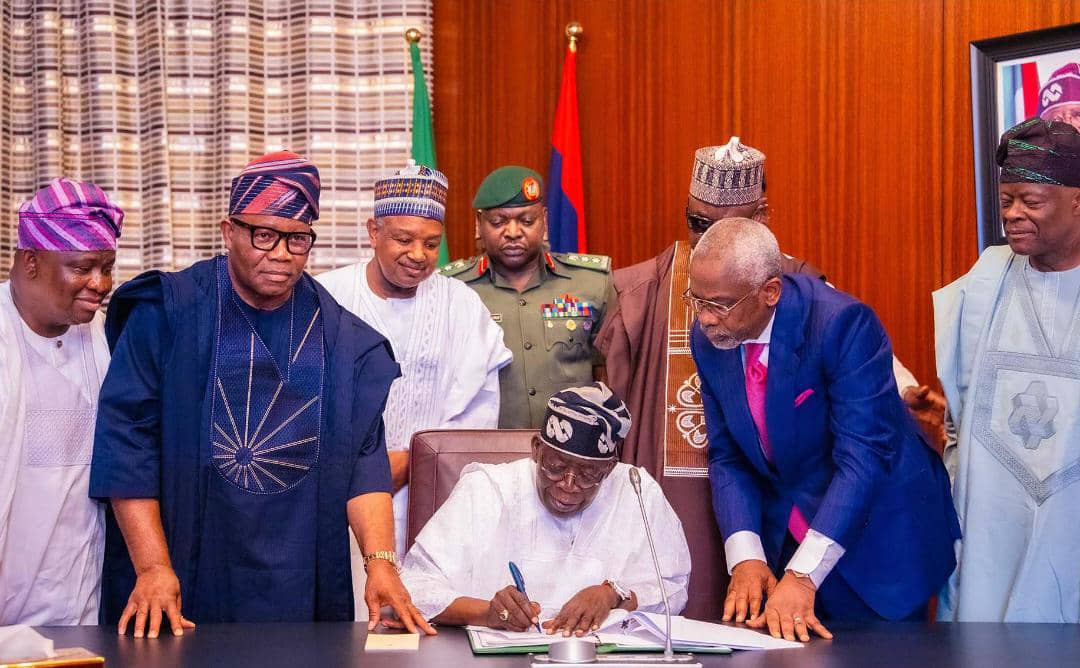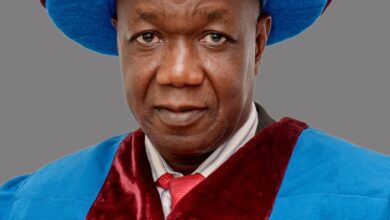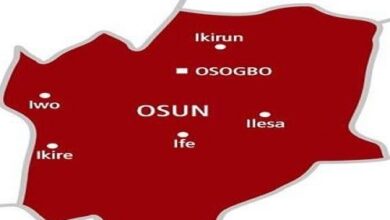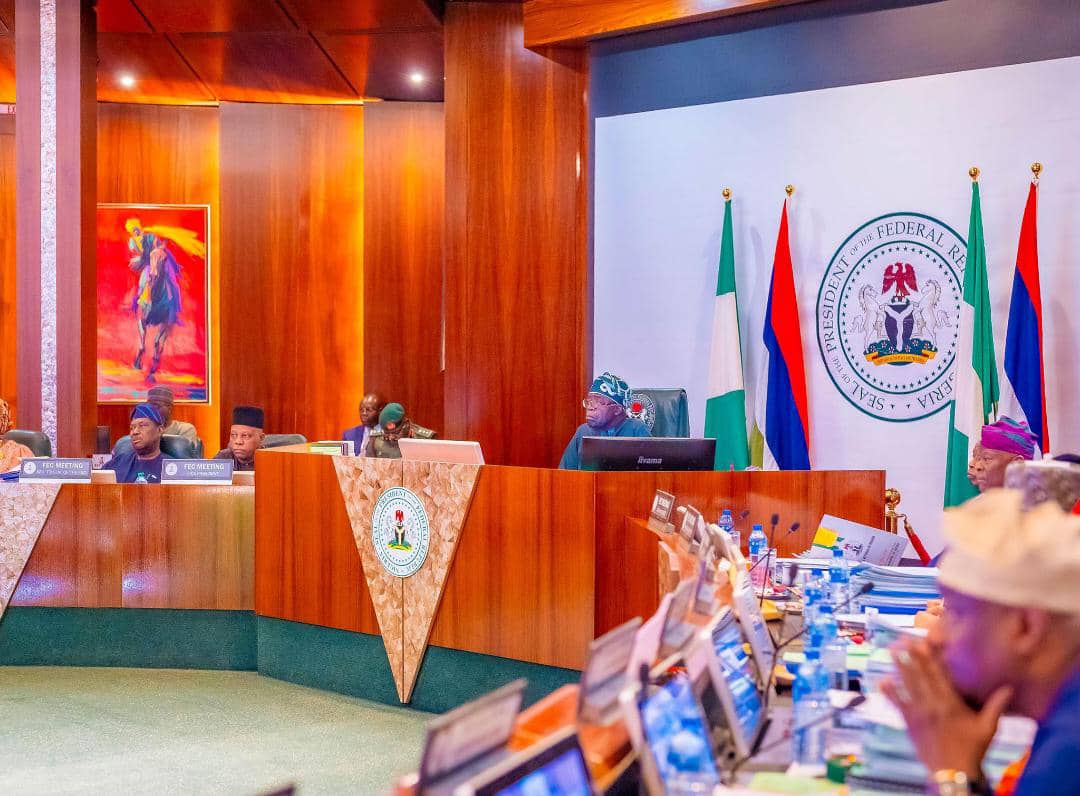Speaker of Rep in Partnership with UNDP, Other Launch’s Policy on Lawmakers, Staff Capacity Development
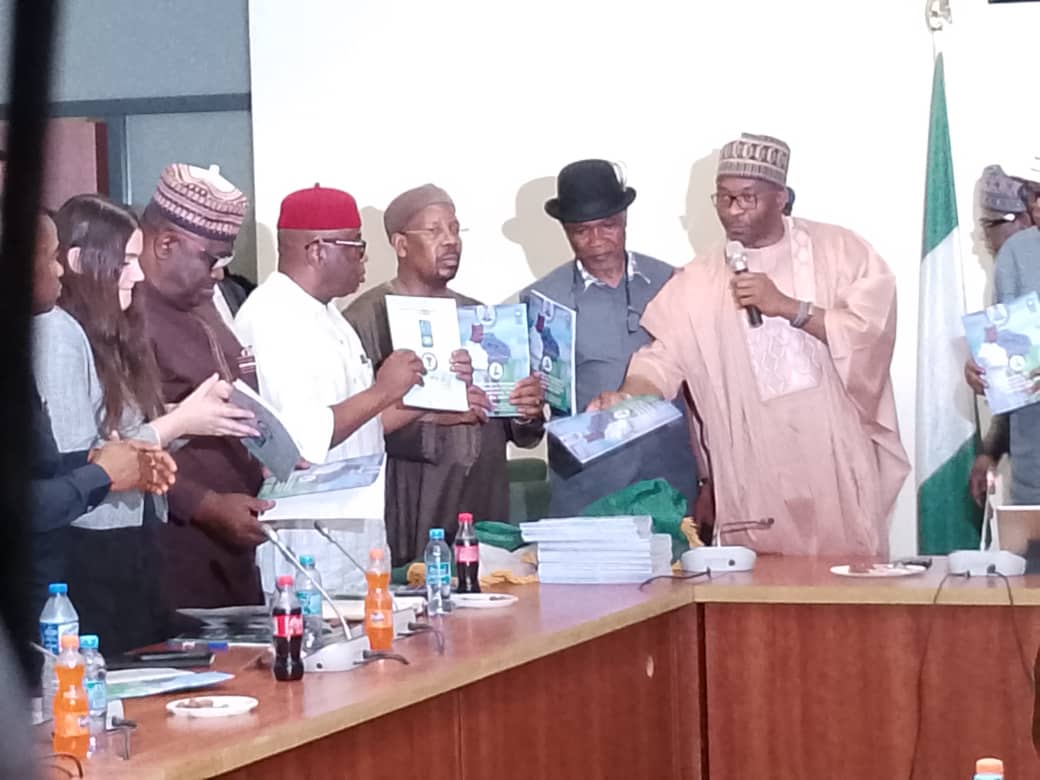
By Fatima Saka
The Speaker of the House of Representatives Rt. Hon. Abbas Tajudeen, on Monday, unveiled a policy document on training, retraining and capacity building of members of the 10th House, legislative aides and support staff for better performance and output.
The document, titled ‘Parliamentary Development Programme for 10th House of Representatives, National Assembly, 2023-2027’, was prepared by the Office of the Speaker in collaboration with the United Nations Development Programme.
The Programmes Coordinating Unit (PCU) in the Research and Policy division of the Office of the Speaker spearheaded the process of formulating the document.
At the unveiling done by the Deputy Speaker of the House, Rt. Hon. Benjamin Okezie Kalu, on behalf of the Speaker, were several local and international development and technical partners of the National Assembly.
Speaker Abbas, in his address, noted that the document contained the results of the assessment study conducted by the House with the support of the UNDP and other partners.
“The results are presented today in a document titled Parliamentary Development Programme. This is in line with our Legislative Agenda, which identifies the strengthening of the internal capacity of the legislature as a critical factor towards achieving all our other legislative objectives.
“As a result, the document before us today reflects our current capabilities and the urgent requirements needed to elevate the standards of our legislative functions,” he said.
The Speaker noted that the need for continuous capacity strengthening in the legislature was well known to all. He also stated that the high turnover rates at the National Assembly posed a significant challenge to maintaining continuity and building on the institutional knowledge crucial for effective governance.
He said: “In this 10th Assembly, over 80 per cent of the members are new to the legislature. This phenomenon, combined with the growing expectations of our citizens for transparency, accountability, and efficiency, underscores the urgent need for a robust framework for capacity building within the legislature.
“As evidenced by the level of engagement, especially on social media, our constituents are becoming increasingly aware and involved in the governance process, demanding greater accountability and better service delivery from their representatives.
“This heightened expectation requires us to be at the forefront of legislative knowledge and practices. Also, the intricate landscape of modern governance demands a higher level of expertise, analytical skills, and adaptability among our members and supporting staff.”
Speaker Abbas added that the UNDP’s Capacity and Institutional Needs Assessment Study had “laid bare the gaps in our current system,” stressing that it had highlighted areas where the House needed to strengthen its capabilities to meet the demands of contemporary governance.
The Speaker noted: “These include but are not limited to strengthening our law-making functions, enhancing our legislative drafting capabilities, improving our research and analysis functions, bolstering our oversight mechanisms, and advancing our engagement with the citizens we serve.
“In view of these challenges, we must embrace a culture of continuous learning and capacity development. We must invest in human capital development, ensuring that members, staff and legislative aides are equipped with the knowledge and tools necessary to navigate the complexities of modern legislative work.
“This involves not only formal training programmes but also fostering an environment that encourages innovation, critical thinking, and a deep understanding of the issues facing Nigeria.”
Chairman, House Committee on Monitoring and Evaluation of the Implementation of the Legislative Agenda, Hon. Patrick Umoh, recalled how Speaker Abbas, upon assumption of office, pledged to ensure full and unhindered access to capacity-building programmes in the 10th House.
Hon Umoh, who spoke through the Chairman, House Committee on Media and Public Affairs, Hon. Akin Rotimi, noted that the Speaker met with partners and shared his vision in this regard with them.
He said: “Following the interaction with partners, the United Nations Development Programme (UNDP), took the lead in commissioning a research and study to put together a capacity building development programme for the 10th House.
“After three months of engagement with some committees of the House, development partners, members and management of the bureaucracy, we now have a document to provide direction for capacity building in the House. This is what the Honourable Speaker and the leadership of the House is here to present to us this afternoon.”
In his remarks, Chairman, House Committee on Civil Societies and Development Partners, Hon. Victor Obuzor, thanked the Speaker for the initiative, saying “this is really assisting (us in) our work.”
The Clerk of the House, Dr. Yahaya Danzaria, also described the development as “an inter-parliamentary wedding between the House of Reps and the development partners through the PCU.”
The Clerk also noted that it was “an effort kick-started since the inauguration of the 10th NASS by the Rt. Hon. Speaker with the collaboration of the leadership.”
Partners represented at the event included UNDP, Policy and Legal Advocacy Centre (PLAC), Konrad Adenauer Stiftung (KAS), YIAGA Africa, Civil Society Legislative Advocacy Centre (CISLAC), Order Paper, BudgIT, Partnership to Engage, Reform and Learn (PERL), the European Union and the National Assembly Business Environment Roundtable (NASSBER), among others.
Signed:
Musa Abdullahi Krishi, Special Adviser on Media and Publicity to the Speaker, House of Representatives, Federal Republic of Nigeria.

